What is Electrification of Transportation?
Driivz
MARCH 1, 2022
For the transportation sector, electrification means replacing fossil fuels with electricity as the means of powering light-duty vehicles, medium- and heavy-duty trucks, and buses. The primary goal is to reduce greenhouse gas (GHG) emissions and, ultimately, contribute to mitigating the effects of climate change on the planet.

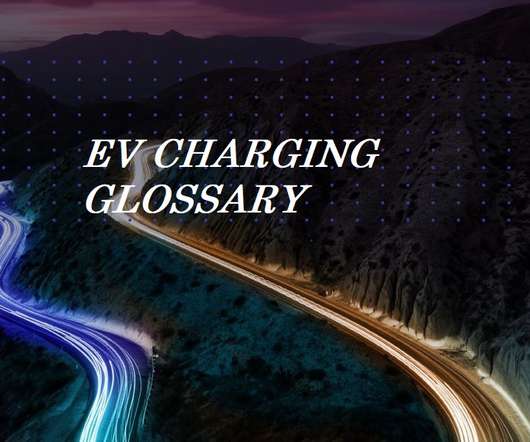
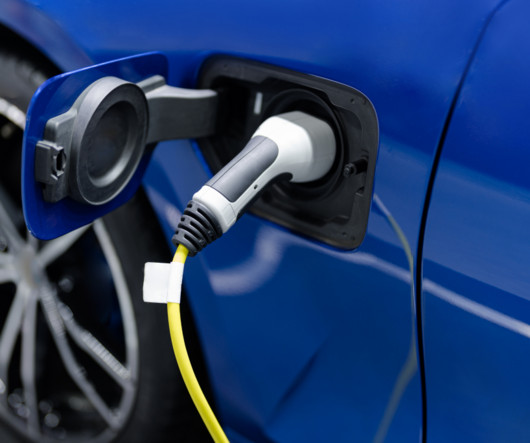

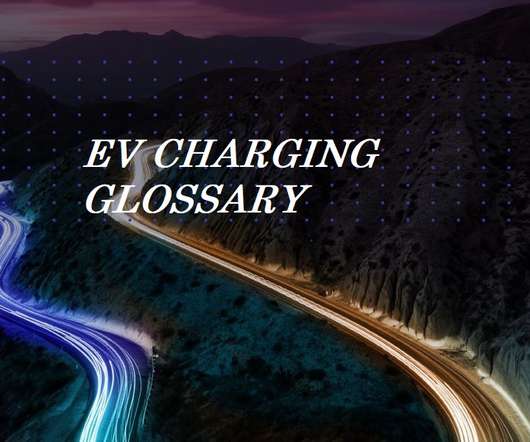
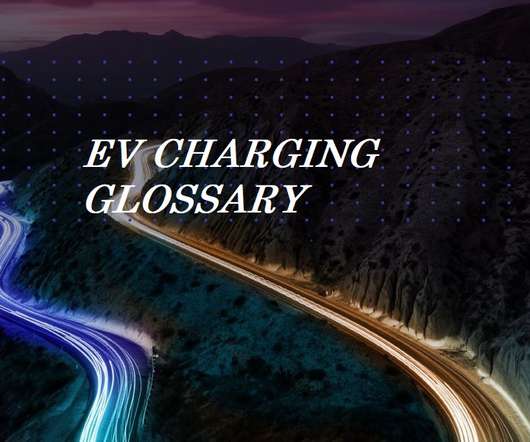
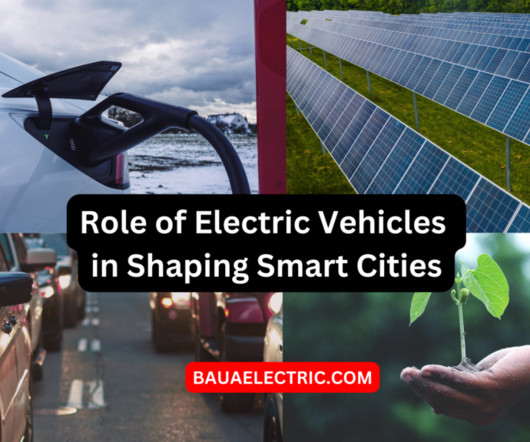
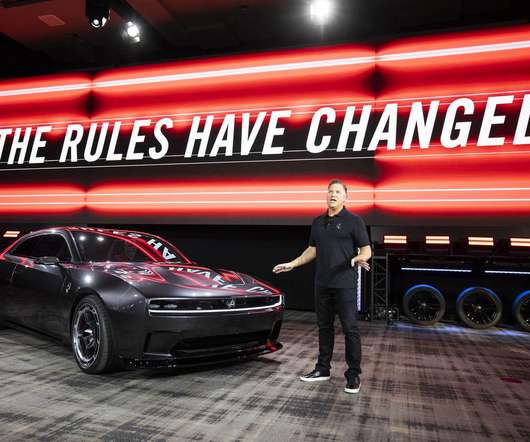






Let's personalize your content